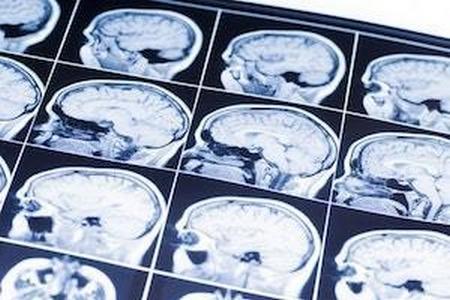Science is Making Headway in Traumatic Brain Injury Treatments
 According to data from the Centers for Disease Control and Prevention (CDC), and estimated 1.7 million people suffer from traumatic brain injury (TBI) each year. Of those, approximately 52,000 experience fatality. Motor vehicle accidents are the third leading cause of those deaths. Thankfully, science is starting to make some headway in treatments—some of which may save victims that would have otherwise died from their injuries. The following explains further.
According to data from the Centers for Disease Control and Prevention (CDC), and estimated 1.7 million people suffer from traumatic brain injury (TBI) each year. Of those, approximately 52,000 experience fatality. Motor vehicle accidents are the third leading cause of those deaths. Thankfully, science is starting to make some headway in treatments—some of which may save victims that would have otherwise died from their injuries. The following explains further.
Improved Screenings for Injured Victims
Lack of early detection is one of the biggest reasons that TBIs become fatal. This is exactly why science has started focusing on methods for earlier and better detection. For example, rather than search for a brain hemorrhage in a CT scan, some victims might be better served through biomarker testing. MRIs may also be used to better detect if a victim has experienced mild traumatic brain injury. This can reduce the risk that less severe cases are missed, which can, in turn, reduce the risk for secondary injuries that could easily become life-threatening.
Getting Rid of Ineffective Treatment Options
Detection is not the only place that science has made headway; researchers have also worked hard to find more effective treatments. So far, they have determined that corticosteroids and decompressive craniotomies are less effective than previously thought. In particular, steroids are now considered a contraindicated treatment. Surgical intervention is still under investigation.
Searching for Better and More Effective Treatments
While some researchers have focused on getting rid of the ineffective treatment methods, others have been searching for new and improved methods. So far, they have examined induced hypothermia, progesterone therapy, and antibiotics. All have provided mixed results, but some show more promise than others.
Induced hypothermia has not produced any positive results, but progesterone could be studied more since it has shown some promise in the way of offering neuroprotective agents to victims. Antibiotics are also showing promise—at least in adults. However, they seem to have a negative effect in children. Experts believe this is because their brains are still developing and, therefore, react differently to the treatment.
Pursuing Compensation for Your Injuries
If you or someone you love has experienced a TBI or other injuries in a car crash, it may be possible to gain compensation for your medical expenses, lost time at work, and other losses. The DuPage County personal injury lawyers at Mevorah & Giglio Law Offices can help. Dedicated and experienced, we fight for the most favorable outcome in every case. Let us assist you. Call 630-932-9100 and schedule a free consultation.
 English,
English,
 Spanish,
Spanish,
 Polish,
Polish,
 Urdu
Urdu













 Make a Payment
Make a Payment



